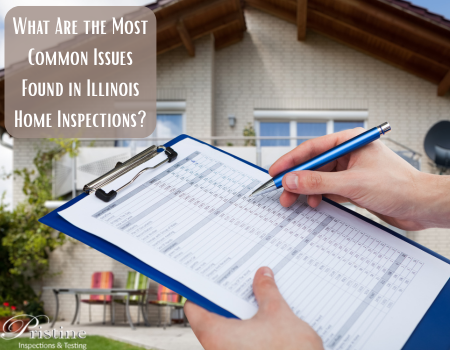Buying or selling a home in Illinois involves more than just paperwork — it requires a clear understanding of the property’s condition. That’s where home inspections come in. A professional inspection can reveal critical information about a home’s structure, systems, and potential safety hazards before any contracts are finalized.
Whether you’re a first-time homebuyer, a seasoned investor, or a homeowner getting ready to list your property, knowing what to expect from an inspection can save time, money, and headaches. Here’s a look at the most common issues found during home inspections in Illinois, and what they might mean for you.
1. Roof Problems
Illinois homes often experience a range of weather extremes, from heavy snow and ice in the winter to hail and storms in the summer. As a result, roof issues are one of the most frequent findings during inspections.
Common roof-related problems include:
- Missing or curling shingles
- Leaks or water stains in the attic
- Inadequate flashing or drainage
- Moss or algae growth
- Improper installation or aging materials
Even small roof defects can lead to larger issues, such as mold, water damage, or reduced energy efficiency.
2. Foundation Cracks and Structural Movement
Illinois is home to many older houses, especially in cities like Chicago, Springfield, and Rockford. With age often comes foundation movement or settlement, which inspectors frequently flag as a concern.
What inspectors often find:
- Vertical or horizontal cracks in the foundation
- Uneven floors or sloping walls
- Gaps around windows or doors
- Moisture in the basement or crawlspace
While not every crack is cause for alarm, large or widening cracks may indicate significant structural movement that could require professional evaluation or repair.
3. Electrical System Issues
Many Illinois homes, particularly those built before the 1970s, still have outdated electrical systems that may not meet modern safety standards. These issues pose a potential fire hazard and are often a red flag during inspections.
Common electrical issues include:
- Old or overloaded electrical panels
- Ungrounded outlets or two-prong receptacles
- Exposed or damaged wiring
- Double-tapped breakers
- Lack of GFCI outlets in kitchens, bathrooms, and exterior areas
Modernizing electrical systems is often recommended for both safety and convenience.
4. Plumbing Concerns
Illinois homes frequently experience plumbing issues ranging from minor leaks to outdated materials. Inspectors will typically check the home’s water pressure, drainage, and visible plumbing lines.
Potential issues include:
- Corroded or leaking pipes
- Low water pressure
- Improper drainage
- Water heater nearing the end of its lifespan
- Use of outdated materials like galvanized steel or lead
Any signs of moisture around fixtures, basements, or crawlspaces may indicate plumbing problems that need further investigation.
5. HVAC Problems
Illinois experiences both frigid winters and hot summers, making a home’s heating and cooling systems critical for comfort and energy efficiency. Inspectors often uncover HVAC systems that are aged, poorly maintained, or improperly installed.
Common HVAC issues include:
- Dirty or clogged air filters
- Old or inefficient furnaces and AC units
- Faulty thermostats
- Ductwork leaks or poor insulation
- Lack of routine maintenance
If an HVAC system is over 15 years old, an inspector may recommend a closer look or future replacement.
6. Drainage and Grading Issues
Poor grading around the foundation is another common problem in Illinois homes, especially those with basements. Water that doesn’t properly drain away from the house can lead to flooding, mold, or foundation issues.
Warning signs include:
- Standing water around the home after rain
- Downspouts discharging too close to the foundation
- Wet or musty basements
- Soil erosion near the home’s perimeter
Addressing drainage early can help prevent expensive water damage.
7. Mold and Moisture Problems
Due to heavy rainfall, humidity, and snow melt, mold and moisture are common challenges in Illinois homes — especially in basements, bathrooms, and around poorly sealed windows or roofs.
Typical findings:
- Visible mold or mildew
- Musty odors
- Stains on walls or ceilings
- Poor ventilation in moisture-prone areas
While not all mold is toxic, its presence often points to larger moisture problems that should be addressed quickly.
A home inspection in Illinois can reveal a wide range of issues — from minor cosmetic concerns to major structural or safety problems. The most common findings typically involve roofing, foundation, electrical systems, plumbing, HVAC, and moisture management.
Whether you’re buying or selling, a home inspection is a vital part of the real estate process. It helps buyers make informed decisions, and it gives sellers an opportunity to address problems before listing. In either case, understanding what to expect during an Illinois home inspection can help you protect your investment and ensure peace of mind.

